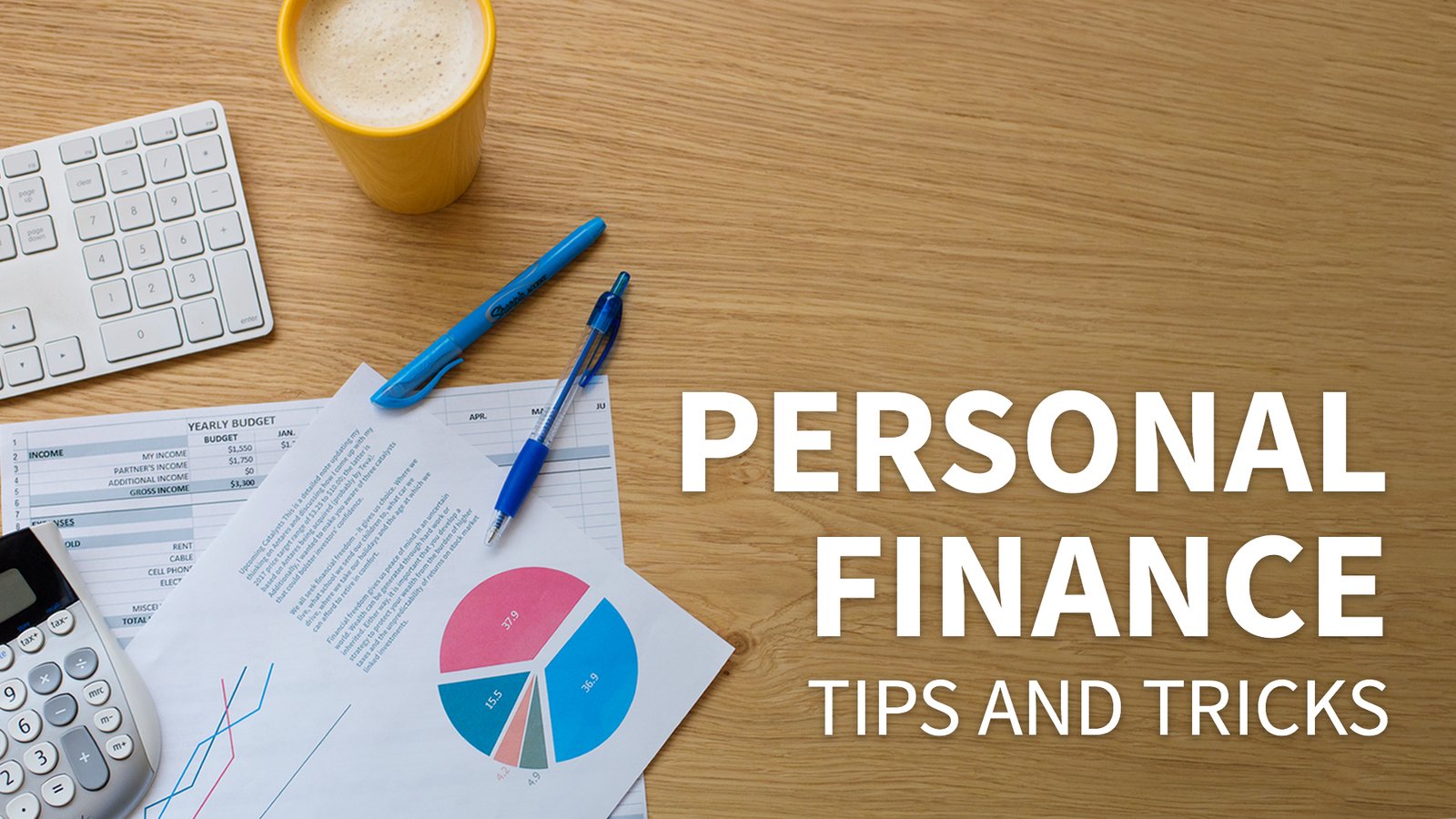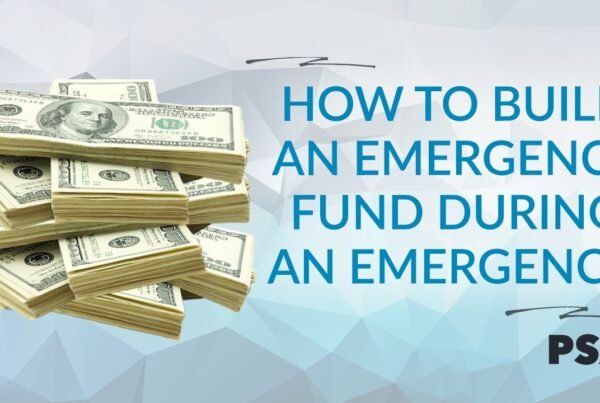When it comes to financial success, mastering the art of personal budgeting is essential. Whether you’re trying to save for the future, pay off debt, or simply live within your means, having a well-thought-out budget can make all the difference. In this article, we’ll explore the most effective personal budgeting tips to help you take control of your finances and achieve your financial goals.
Why Is Personal Budgeting Important?
Personal budgeting is a financial roadmap that helps you track your income, expenses, and savings. Without a budget, it’s easy to overspend, fall into debt, or miss savings opportunities. By adopting a budget, you gain greater control over your money, allowing you to prioritize spending, reduce financial stress, and work toward your long-term financial objectives.
1. Track Your Income and Expenses
The first step in effective budgeting is understanding your current financial situation. Start by tracking your income and all your expenses. This includes not only your monthly bills but also discretionary spending, such as dining out or entertainment. Use apps like Mint, YNAB (You Need a Budget), or a simple spreadsheet to log everything.
Key points:
- Know exactly how much you earn and spend.
- Helps identify unnecessary expenses.
- Provides a clear starting point for budgeting.
2. Create a Realistic Budget
Once you’ve tracked your finances, it’s time to create a budget that suits your lifestyle. A popular method is the 50/30/20 rule:
- 50% of your income goes to necessities (rent, utilities, groceries).
- 30% is allocated to discretionary spending (entertainment, dining out).
- 20% should be reserved for savings or paying off debt.
Customizing this rule to fit your needs is important. If you have high debt, for example, you may want to allocate more than 20% to debt repayment.
Key points:
- Tailor the budget to fit your financial goals.
- Balance between needs, wants, and savings.
- Adjust as needed based on life changes.
3. Set Financial Goals
Setting clear financial goals is one of the most important personal budgeting tips. Goals provide direction and motivation for sticking to your budget. Your goals could range from saving for a down payment on a home, building an emergency fund, or planning for retirement.
Break down large goals into smaller, achievable steps. For example, if you want to save $10,000 in one year, aim to save around $834 each month. Having a tangible target makes it easier to stay on track.
Key points:
- Create short-term and long-term financial goals.
- Use goals to guide your spending decisions.
- Break large goals into manageable steps.
4. Automate Your Savings
One of the best ways to ensure consistent saving is by automating it. Set up automatic transfers from your checking account to your savings account every month. This removes the temptation to spend the money and helps you stay committed to your financial goals.
If you struggle with saving, start small. Even automating a modest amount like $50 each month can build good financial habits over time.
Key points:
- Automate savings to remove temptation.
- Start small if necessary and increase over time.
- Treat savings like a necessary expense.
5. Cut Unnecessary Expenses
A key part of budgeting is identifying and cutting unnecessary expenses. Start by reviewing your spending habits. Are you eating out more than you should? Are there subscriptions or memberships you don’t use? By reducing these costs, you can free up more money for savings or debt repayment.
Consider using cash or debit cards for discretionary spending, as this makes you more mindful of each purchase. If you’re tempted by online shopping, remove saved credit card information from your accounts to make the process more intentional.
Key points:
- Identify and eliminate wasteful spending.
- Use cash or debit cards for discretionary purchases.
- Review subscriptions and memberships regularly.
6. Use Budgeting Tools
There are many tools available to help you manage your budget efficiently. Mobile apps like YNAB, Mint, and EveryDollar allow you to sync your accounts, categorize expenses, and monitor your financial progress. These tools make it easier to stay organized and stick to your budget over the long term.
Many of these apps also offer insights into your spending habits, making it easier to see where you can improve. You can even set spending limits for different categories and receive alerts if you’re close to overspending.
Key points:
- Use budgeting apps to track spending.
- Set alerts for overspending.
- Gain insights into financial habits for improvement.
7. Build an Emergency Fund
Building an emergency fund is one of the most important personal budgeting tips for financial security. This fund serves as a safety net for unexpected expenses, such as medical emergencies, car repairs, or job loss. Ideally, you should aim to have 3-6 months’ worth of living expenses in your emergency fund.
Start small if you need to and gradually build it up over time. This fund will provide peace of mind, knowing you’re prepared for the unexpected without having to rely on credit cards or loans.
Key points:
- Aim for 3-6 months’ worth of living expenses.
- Start small and build over time.
- Provides financial protection against unexpected events.
8. Review and Adjust Your Budget Regularly
A budget is not a “set it and forget it” tool. As your financial situation changes, so should your budget. Review it regularly—monthly or quarterly—to ensure it aligns with your current income and expenses. Adjust it as necessary to accommodate life changes, such as a raise, new expenses, or changes in your financial goals.
Key points:
- Review your budget regularly to stay on track.
- Adjust for life changes and new goals.
- Keep it flexible to suit evolving circumstances.
Conclusion
Mastering personal budgeting is the cornerstone of financial success. By tracking your income and expenses, setting clear financial goals, and cutting unnecessary spending, you’ll be on your way to achieving your financial dreams. Remember, budgeting is not a one-time task; it requires regular reviews and adjustments to keep up with your changing financial situation. With these personal budgeting tips, you can take control of your finances, reduce financial stress, and pave the way for a secure financial future.







